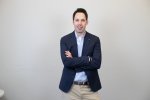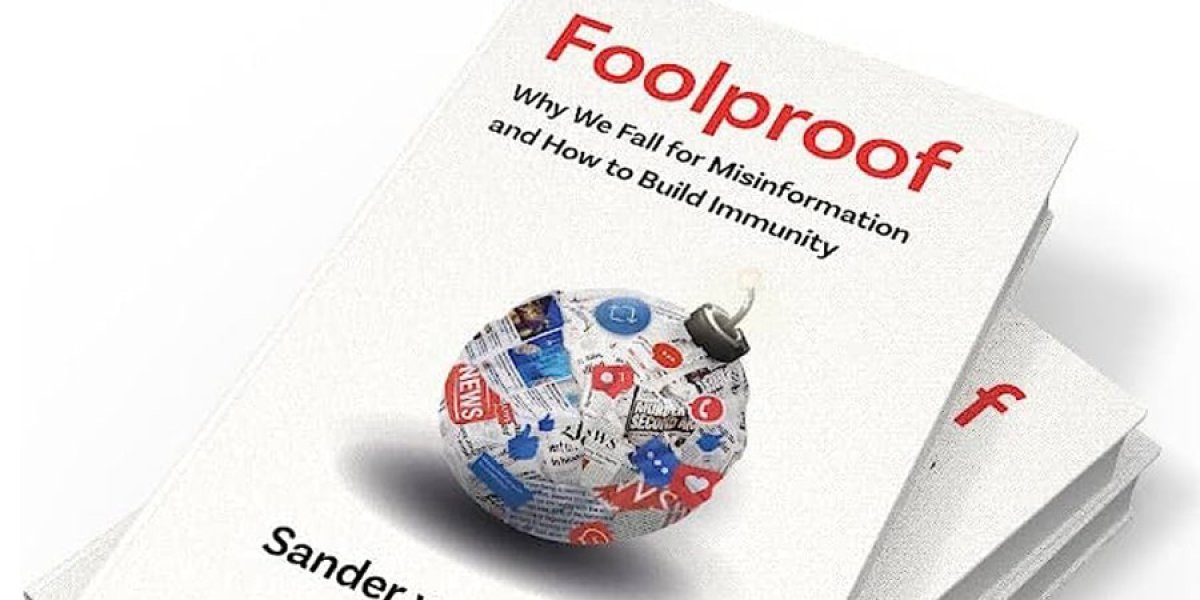Misinformation and conspiracy theories
Misinformation and conspiracy theories
This session has now been cancelled. If you have registered for this event, you will have received an email on what to do next.
In its place, there is a fascinating new session on mass political polarisation.
From fake news to conspiracy theories, from pandemics to politics, misinformation may be the defining problem of our era. Like a virus, misinformation infects our minds – altering our beliefs and replicating at astonishing rates. Once the virus takes hold, our primary strategies of fact-checking and debunking are an insufficient cure.
Everyone is susceptible to fake news. There are polarising narratives in society, conspiracy theories are rife, fake experts dole out misleading advice and accuracy is often lost in favour of sensationalist headlines. So how and why does misinformation spread if we’re all aware of its existence? And, more importantly, what can we do about it?
Interviewed by Roger Mosey, Master of Selwyn College and previously Editorial Director at the BBC, Sander van der Linden will talk about the psychology of conspiratorial thinking, how to inoculate yourself and others against the spread of misinformation, discern fact from fiction and push back against methods of mass persuasion.
Speakers
Sander van der Linden Ph.D

Sander van der Linden, Ph.D., is Professor of Social Psychology in Society and Director of the Cambridge Social Decision-Making Lab in the Department of Psychology at the University of Cambridge. His research looks at how people process (mis)information, how it spreads in online networks, and how we can most effectively prebunk and inoculate people against false information. He leads national consensus reports on the psychology of misinformation and serves on the World Health Organization's (WHO) infodemic working group. He has won numerous awards for his research on human judgment, communication, and decision-making, including the Rising Star Award from the Association for Psychological Science (APS). He co-developed the award-winning fake news game, Bad News, which has been played by millions of people around the world and he regularly advises governments, public health authorities, and social media companies on how to combat the spread of misinformation. He is ranked among the top 1% of highly cited social scientists worldwide and has published over 150 research papers. He frequently appears on international TV and radio and his work is regularly featured in outlets such as the New York Times, Rolling Stone, NPR, and the BBC. He has been described by WIRED magazine as one of “15 top thinkers” and by Fast Company Design as one “four heroes who are defending digital democracy online”. He is the author of FOOLPROOF: Why We Fall for Misinformation and How to Build Immunity (2023), which was listed as one of the most anticipated non-fiction books of 2023 by BBC, Cosmopolitan, Apple Books, Men’s Health, and Next Big Ideas.
Roger Mosey

Roger Mosey is the Master of Selwyn College and a Deputy Vice-Chancellor of the University of Cambridge.
Previously, he spent most of his career at the BBC. His final role was as Editorial Director, and previous jobs included being Editor of Today on BBC Radio 4; Controller of BBC Radio 5 Live; Head of BBC Television News; Director of Sport and the BBC Director of London 2012.
Roger was born in Bradford in 1958 and educated at Bradford Grammar School, followed by Wadham College, Oxford. He has written two books about the media – most recently “20 Things That Would Make The News Better” – and is a contributor to publications including the New Statesman, The Spectator, and the Independent.
Booking information
In-person lectures at the Sidgwick Site as part of Alumni Festival cost £15 per person.
This event has been cancelled.
